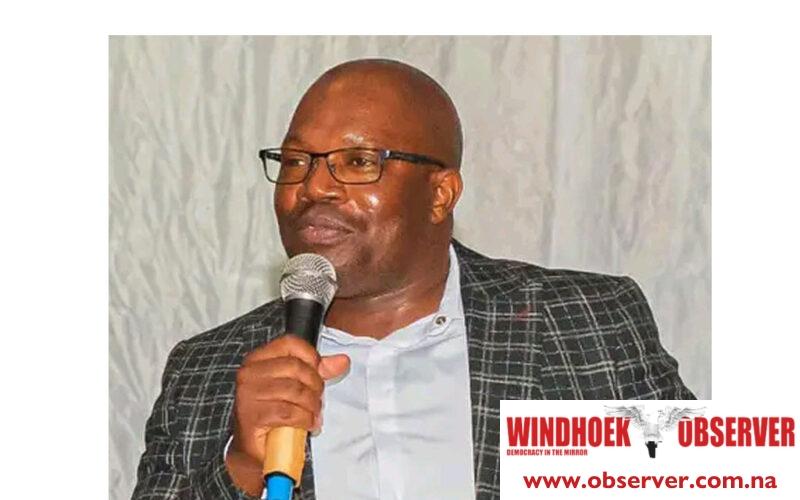Allexer Namundjembo
Rundu Rural Councillor and National Council member, Paulus Mbangu has raised concerns over the accuracy of the Namibia Statistics Agency (NSA)’s recent census report, which estimates the VaMbunza population at only 5 000.
Mbangu described the figure as “highly questionable,” arguing that it does not reflect historical and demographic realities.
“In Kavango East and West, the “VaKavango NEC” grouping stands out as another example of such problematic classifications. With over 81 000 people who reportedly ‘did not disclose their dialect,’ this category ends up larger than established communities like the VaMbunza, VaGciriku, HaMbukushu, VaSambyu and Nyembas,” he said.
He said historical and colonial records consistently indicate that the VaMbunza population was nearly on par with that of the VaGciriku, and the latest figures appear highly unreliable.
Mbangu questioned how the Mbunza population could be reported at just 5 000 when the Kapako Constituency, located in the Mbunza area, has a population of 27 823 according to the report.
He noted that this figure represents a significant decline from the 2011 census and said it raises more questions than answers.
“Everything looks inaccurate in this latest data. In Kavango East and West, the ‘VaKavango NEC’ grouping is another example of problematic classifications. With over 81,000 people reportedly ‘not disclosing their dialect,’ this category surpasses established communities like the VaMbunza, VaGciriku, HaMbukushu, VaSambyu, and Nyembas,” Mbangu said.
According to the NSA report, VaKavango not elsewhere specified (NEC) are at 81646, NAMA NEC 93904, Aawambo NEC 42736, Damara NEC 170 112 and SAN NEC 34895.
The total number of people who did not specify their dialects is 423 293 countrywide.
Mbangu further claimed that the absence of a poverty index in the report limits its utility for policy and planning.
“A key purpose of the census is to guide resources and inform social programs, especially in economically disadvantaged areas. Without poverty indicators, it’s unclear which regions might need the most support, undermining the government’s ability to direct resources effectively,” he said.
He also called on the NSA to explain the data, which he described as misleading, emphasizing that trustworthiness is crucial in any census.
He urged the NSA to conduct a thorough review to determine why the original report contained apparent flaws.
NSA board chairperson Salom Hei, at the official launch, said the complete scope of the census involved reaching millions of people—documenting not only the population count but also collecting information on housing, living conditions, and socioeconomic factors.
Approached for comments, the NSA’s chief executive officer Alex Shimuafeni referred the Windhoek Observer to the communication department, which did not provide a response a week after questions were submitted to them.




